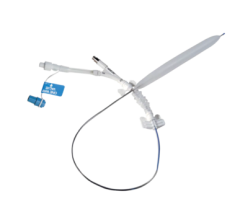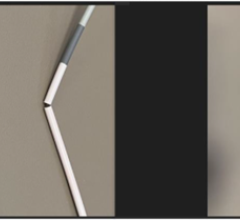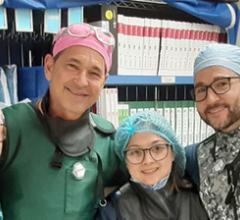
March 7, 2011 – A pilot study testing a system designed to improve acute coronary syndrome (ACS) revascularization has been successfully completed. The study looked at the Picso Impulse System, from Miraco Medical, which is used following primary percutaneous coronary intervention (PCI) to diminish ischemia.
The Prepare Picso pilot study of stable angina patients included 10 patients at the Academic Medical Center, Amsterdam, The Netherlands. The company is planning to initiate the pivotal RAMSES clinical trial of the system.
“For all 10 patients, we needed less than 15 minutes from femoral vein puncture to safely insertion of the Picso catheter into the coronary sinus,” said Jan Piek, M.D., principal investigator of the study. “Thus, Picso is simple to insert at a site that is very familiar to us. Also, the Picso catheter is easy to maneuver and is continuously stable during the PCI procedure. We were especially pleased to observe a notable reduction of ischemia as documented by the surface ECG ST-segment shift in several patients, clearly suggesting that Picso has a potential cardio-protective benefit. In summary, the findings in this pilot study are extremely encouraging as we now look forward to the broader RAMSES clinical study.”
Timely myocardial reperfusion using primary PCI remains the most effective treatment strategy for limiting infarct size, reducing left ventricular remodeling and improving clinical outcomes following ST-segment elevation myocardial infarction (STEMI). Despite optimum primary PCI, the mortality and morbidity following a STEMI event remains sizable. Paradoxically, the process of restoring coronary blood flow can in itself exacerbate the myocardial injury. The system offers a new approach to improve microcirculatory flow, reduce myocardial injury and revitalize ischemic myocardium.
The device is CE-marked.
For more information: www.miracormedical.com


 June 13, 2024
June 13, 2024 









